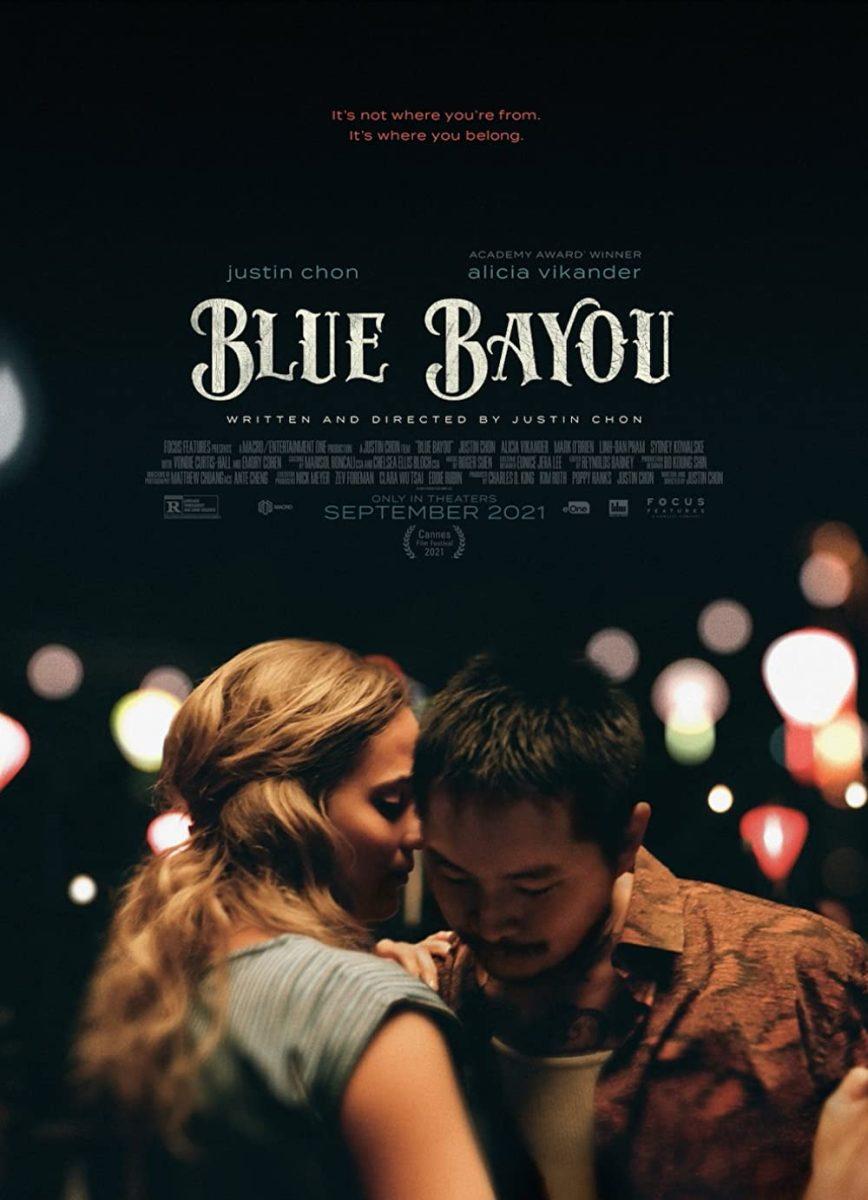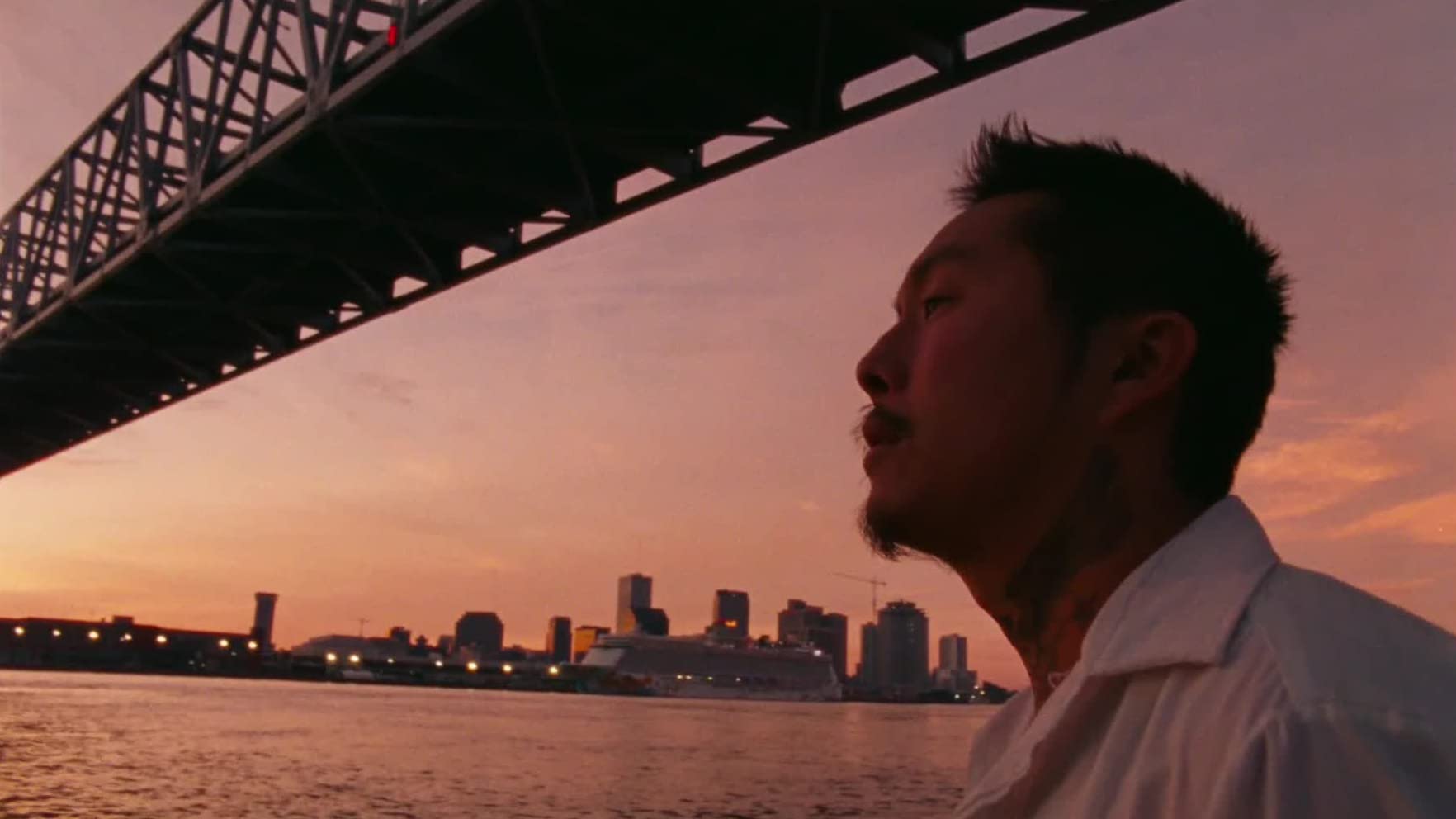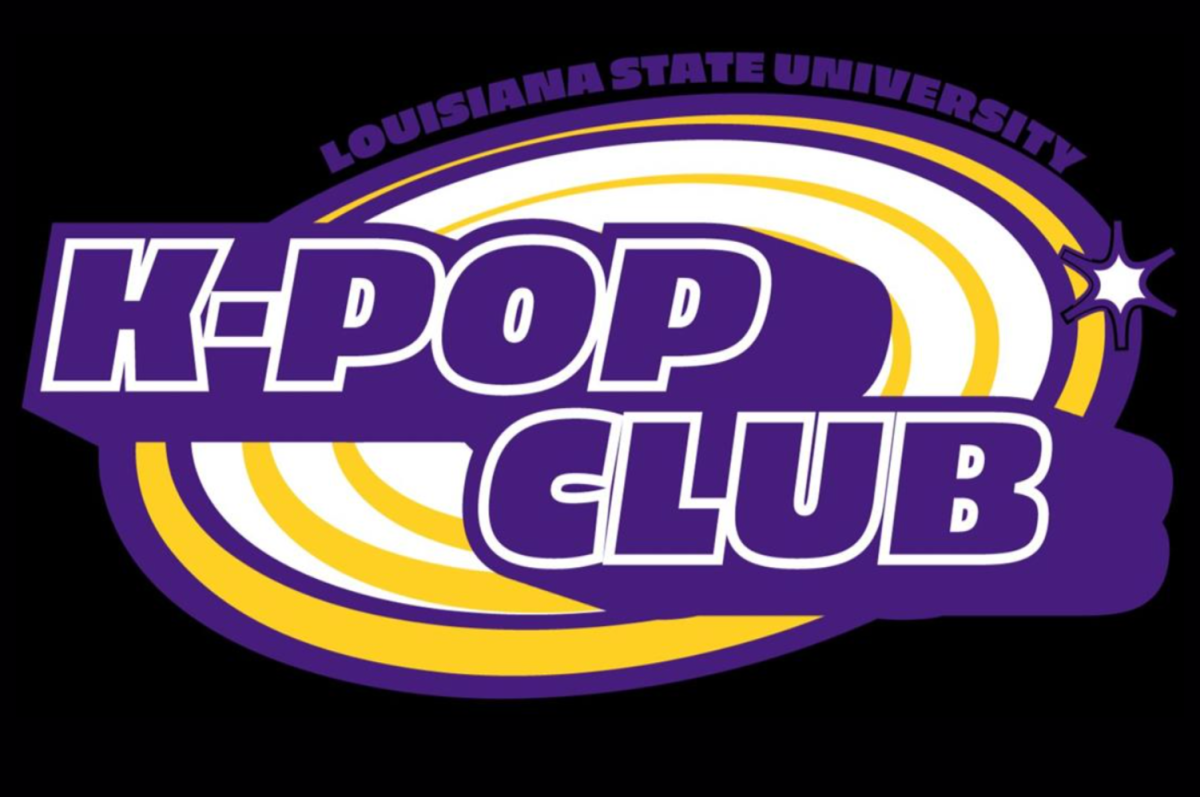3.5/5
What does it mean to be an American? “Blue Bayou” asks this question through the story of the Korean-born Antonio LeBlanc (Justin Chon) who was adopted by Americans as a toddler. Floating from foster home to foster home, Leblanc has only known Louisiana. Despite that, when Leblanc defends himself against police brutality, he is sent to an Immigrations Custom Enforcement (ICE) facility that reviews his file, discovering that Leblanc’s adoptive parents never naturalized him.
Leblanc is now facing deportation from the country he grew up in; all because of a clerical error completely out of his control. His life with his wife (Alicia Vikander), stepdaughter (Sydney Kowalske), and newborn are threatened. Since America no longer wants him, Leblanc must find a way to pay the court fees while discovering what his identity truly is.
Due to a bureaucratic loophole used by the American government to deport people, any adoptee from before 2000 has to register themselves for naturalization, resulting in exorbitant fees for people to stay in a country that has been their home for years. The film is inspired by true stories from many American adoptees facing this heartless practice. By focusing on the viciousness of American immigration policy, the film points out how ridiculous and inhumane American laws are. The American government tears families apart and uproots lives because of outdated laws and cynical politicians.
Beyond politics, Leblanc’s life is ultimately about his family. Leblanc is forced by an unjust policy to steal in an attempt to stay with Kathy and Jessie, his wife and stepdaughter. Only until the birth of his own child can Leblanc actually touch someone of his own flesh and blood. Leblanc was given up by his parents, then given up by his adoptive parents, then given up by multiple foster homes. Finally, when he reaches adulthood and has a family of his own, his own country gives him up and threatens his new family as well.
How does anyone know their true identity if neither their families nor their countries choose to be with them? Being Korean but growing up around Cajun people left Leblanc feeling isolated and lost. Luckily, Leblanc meets a Vietnamese refugee, Parker Nguyen (Linh Dan Pham), who helps him discover what his identity could be. Leblanc knows so little about East Asia, but through Parker, he discovers what it means to be both Asian and American. How all these cultures compare and contrast allows Leblanc to examine what the melting pot does to Asian heritage.
Immigrants, especially adoptees, need affirmation of who they are and what their heritage means. Importing someone and plopping them into American society, expecting them to fit in, does not work. Through Parker and Leblanc, “Blue Bayou” shows how identities are important to those stuck in a cultural limbo.
Adding to that feeling of cultural limbo is the film’s setting, New Orleans. New Orleans is a perfect city to represent those lost in legacy. France, America, and the Caribbean collide to create a city like no other, just like how the cultural collision between two Asian countries with Louisiana creates two unique characters.
“Blue Bayou” also has beautiful cinematography. The grainy aesthetic calls back to 70s films while adding to the realistic aspect of Leblanc’s story. Most of this film is shot with close-ups of the characters’ faces which creates more intimacy while beckoning the audience to be empathetic and compassionate, both for the characters and for the real victims that inspired the story.
Like all movies, “Blue Bayou” is not without its flaws. The film could have used more focus. It tries to tackle many subjects and include many characters, which leaves some parts feeling one-note and underdeveloped. The plot also relies on cliches to tell the story, making parts of the film feel melodramatic.
Despite that, the movie using familiar tropes to tackle unique issues helps ground the film. These people are just like any Americans and have very similar experiences yet are barred from being in the country because of malicious bureaucracy and imaginary lines on a map.
“Blue Bayou,” while being a distinctly Louisiana film, is about America as a whole, and that universality is what makes this movie a great watch.
A Louisiana tale about deportation, fatherhood and heritage, ‘Blue Bayou’ in theaters now
By Eddy Hage
September 26, 2021
Blue Bayou





